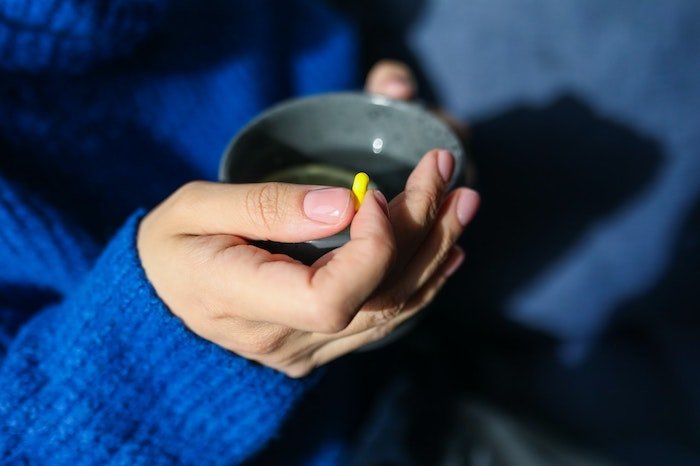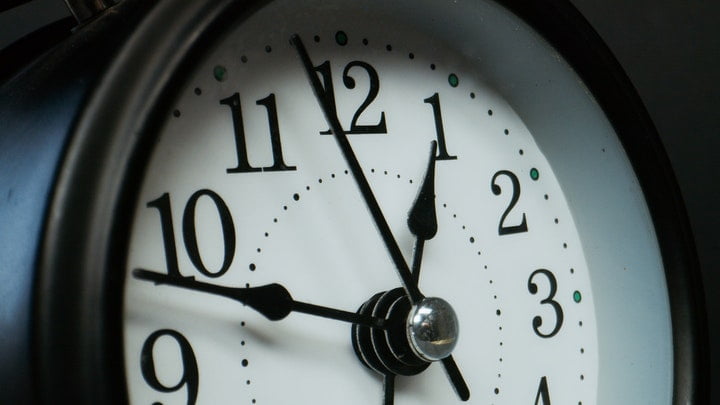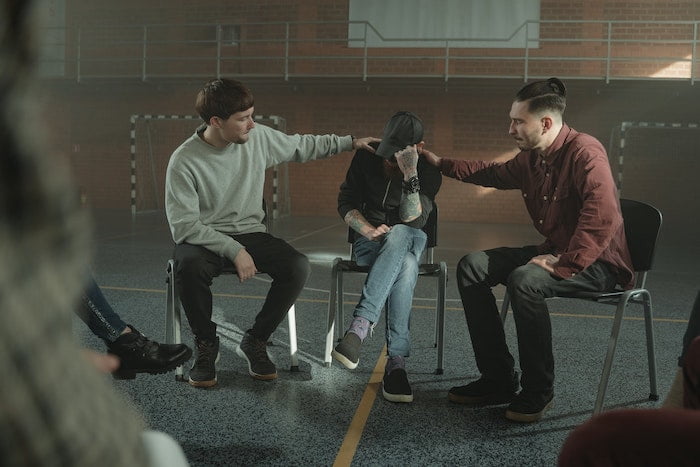Drug & Alcohol Rehab in South Lakeland
Getting treatment for an addiction can be very scary.
For many people, the idea of rehab is a daunting one, and avoiding the problems that drug and alcohol abuse poses can often appear a much easier alternative than taking on the condition.
At OK Rehab, we know that this is a huge problem.
Delaying treatment only allows addiction to become more dangerous, and so anything that gets in the way of people getting the help that they need is an obstacle that seriously needs addressing.

We understand that people can have a lot of questions about rehab, so that’s why we want to answer some of the most common ones here.
By shedding some light on these issues, we hope to encourage as many as possible to reach out, get into treatment in South Lakeland or elsewhere in Cumbria, and tackle the horrible disease that is addiction.
Get the help you need from a drug and alcohol rehab in South Lakeland by calling our team today on 0800 326 5559
How do I know if I need rehab?

Addiction is such a difficult disease to treat simply because it obscures the perception of those who it affects.
It is common for those who have substance abuse problems to not acknowledge them, and denial is commonly thought to be a trait synonymous with those who struggle with addiction.
With denial so prevalent, how are individuals supposed to know when they are in need of rehab? How are they supposed to know when their behaviour has gone too far?
There is no science to determine when exactly an individual should go into rehab, but it is widely thought that anyone who suffers from addiction should get help as soon as they can.
The sooner an addiction is treated, the easier it will be to overcome.

In order to determine whether you are addicted and, therefore, in need of rehab, it can help to ask yourself some of the following questions:
- Do I take drugs or drink alcohol on a day-to-day basis?
- Do I consume excessive quantities of drugs or alcohol?
- Do I consume more drugs or alcohol than I used to?
- Am I secretive or deceptive about my substance use?
- Do I take risks or spend a lot of money to sustain my substance use?
- Have I lost interest in previously enjoyed hobbies?
- Do I experience withdrawal symptoms when a certain substance is not available?
If you answered ‘yes’ to some of these questions, it is likely that you are in need of addiction rehab.
Of course, the signs of addiction can vary from case to case, so even if you are slightly concerned, it can help to get in touch with a doctor or GP and get their professional opinion.
Not sure whether you need the help of a drug and alcohol rehab in South Lakeland? Talk it over with our expert team today on 0800 326 5559
What can rehab do for me?

While it is easy to dismiss rehab as unnecessary, it is unfortunately the only viable means of effectively dealing with addiction.
Denial, naturally, will cause individuals to think differently, possibly making them think that they can get better by themselves, but it is essential to acknowledge that this is not true.
Addiction does not get better by itself and those who receive help are much better off in the long run than those who avoid it.
Unsupported self-help rarely works when it comes to addiction.

Detoxing from drugs or alcohol is a process which requires immense planning and care due to its safety risks, and the necessity of tackling the underlying causes of addiction means individuals will need to engage with quite difficult emotions and memories if they are to make a recovery.
Rehab, however, makes these things much more achievable via its provision of detoxification and therapy.
1. Detoxification
Throughout detoxification, substance use is slowly reduced. Via a carefully monitored schedule, individuals follow a carefully planned recovery period that allows them to gradually get used to being sober.
With time, this allows them to be able to go without any of their substance.
The intention behind such an approach is to prevent the body from reacting too adversely to becoming sober.
Instead of being thrown into a violent imbalance, it is weaned bit by bit so that it essentially does not realise it is becoming independent of the substance again.
Of course, withdrawal can still cause problems, and symptoms do often arise throughout this process. When they do, however, medications can be prescribed to limit their impact and protect an individual’s well-being.
2. Therapy
Therapy can take many forms – including one-on-one counselling, group support, and formal behavioural treatments like Cognitive Behavioural Therapy (CBT) and Dialectical Behavioural Therapy (DBT)– but its goal is always the same: to help individuals face and work through the tensions lying beneath the surface that fuel their substance abuse.
With the help of addiction therapists, individuals can recognise situations or patterns that prompt them to turn to a certain substance.
This can be feelings of grief or guilt brought on by trauma, overwhelming waves of anxiety that come out of social situations or depression which strikes at unexpected times.
Regardless of the trigger, individuals are helped to face it, acknowledge the effect that it has on them, and develop healthier ways of handling it.
This can involve them practising mindfulness techniques, remembering to reach out to a friend or family member, or taking time for themselves.
To experience any of these treatments and more at a superb drug and alcohol rehab in South Lakeland, call our team on 0800 326 5559
How long will I need to stay at rehab in South Lakeland?

Taking time out of your everyday life is by no means a small ask.
Arranging to be absent from work and your family is a big deal, so it is common for individuals to want to know how long they will likely need in order to effectively deal with their addiction.
The time individuals spend within rehab will depend on a variety of factors regarding their treatment.
On average, one can expect to be within a programme for around a month, but things that can affect this duration include:
- How developed the addiction is when an individual enters treatment.
- How quickly an individual takes to the treatments of a programme.
- What symptoms an individual experiences as a result of their substance abuse.
- How cooperative an individual is with treatment staff.
- What physical health conditions an individual suffers from.
- What mental health conditions an individual suffers from.
To discuss how long your stay at a drug and alcohol rehab in South Lakeland is likely to last, call us today on 0800 326 5559
What will happen when I leave rehab?

When looking ahead to addiction rehab, it is likely that the idea of relapse will linger in the minds of some people.
With recovery being such a long and challenging process to go through, it is understandable to wonder what happens after rehab to help guard against the possibility of slipping back into substance use.
In most cases, rehab programmes will arrange for individuals to have access to a range of aftercare services upon leaving treatment.
These services will be available to help them handle the initial period of adjustment when they go home, and they can take a variety of forms.

For example, an individual may utilise addiction counselling sessions which offer them opportunities to continue speaking about their experiences and emotions, or they might attend weekly support groups which allow them to exchange experiences and tips with others who have also recently left treatment.
Regardless of the specific activity, aftercare will work to help individuals maintain the progress they have made throughout rehab and put their new habits and routines into practice in the real world.
Match your stay at a drug and alcohol rehab in South Lakeland with an equally effective aftercare plan by calling us on 0800 326 5559
Getting support from OK Rehab

If you are considering drug and alcohol rehab and need support, get in touch with us at OK Rehab.
It can be frightening to think about addiction treatment, and trying to find rehab in the South Lakeland area can feel overwhelming.
But when you contact us, we can help find the right programme for your situation and make sure that you feel confident about taking the next steps towards a healthier lifestyle.
Get in touch with us today by calling our expert team on 0800 326 5559






